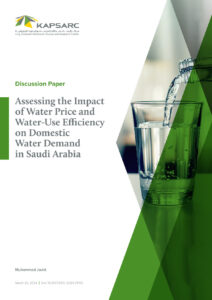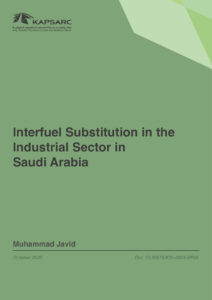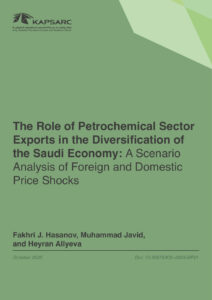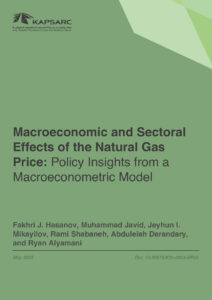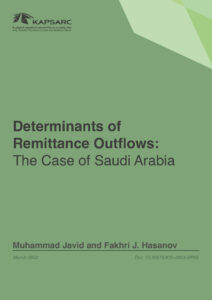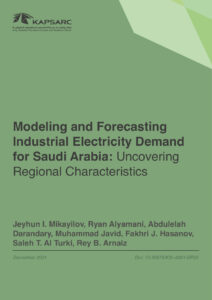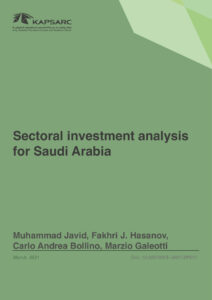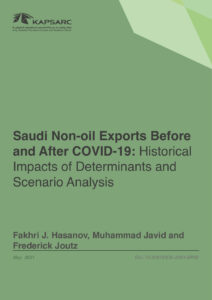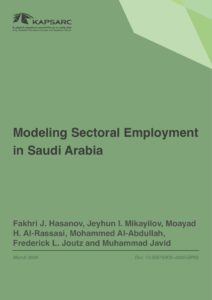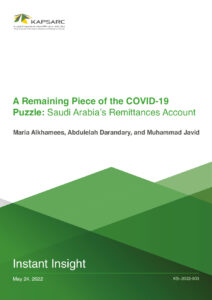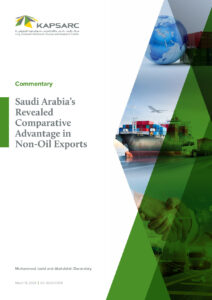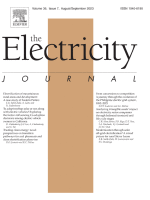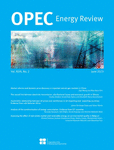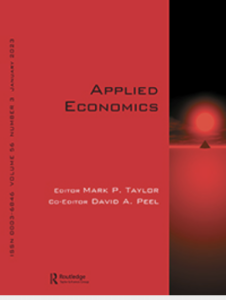Muhammad is a senior research associate in Energy and Macroeconomics, currently working on the KAPSARC Global Energy Macroeconometric Model (KGEMM) project. Before joining KAPSARC, Muhammad worked as a senior research economist at the Pakistan Institute of Development Economics (PIDE) in Islamabad. During his 18 years in research, Muhammad has worked extensively in the areas of energy, environment, trade and macroeconomics. He also has experience working for various research, academic and governmental organizations such as King Saud University in Riyadh, Saudi Arabia, and the Benazir Income Support Program, Pakistan. Muhammad has published several peer-reviewed articles on electricity demand, energy, inflation, and environmental issues. He received Pakistan’s Higher Education Commission’s Outstanding Research Award 2015/2016 for his research paper titled “Environmental Kuznets curve and financial development in Pakistan,” published in Renewable and Sustainable Energy Reviews.
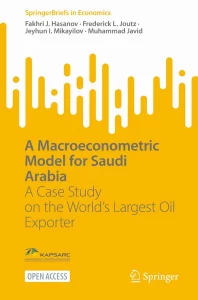
A Macroeconometric Model for Saudi Arabia: A Case Study on the World’s Largest Oil Exporter
Open Access Brief Introduces the KAPSARC Global Energy Macroeconometric Model for Saudi Arabia Combines cutting-edge econometric methods, a well-established theoretical foundation, and empirical coherence Customizable for different research and policy questions Click here to read the book
1st January 2023
